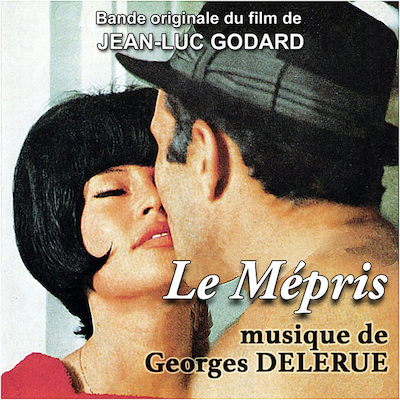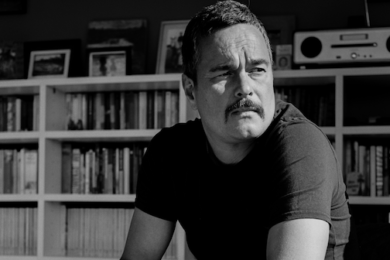15. Georges Delerue

Georges Delerue is different from all the other artists featured here, as my knowledge of him has always been rudimentary, and he never acted as any kind of personal example that I looked to emulate. Yet more than opera or classical (both of which I got into after I wanted to be a writer) or Brian Eno, Aphex Twin and John Carpenter (that did something similar for me), Delerue’s composition demonstrated that sounds could be the equal of words in telling a story. This may read like cheating, as the piece of music in question is used in a film by Jean Luc Godard that I caught late one night on BBC Two after my parents had retried to bed, which employs a very clear narrative (for Godard) and so leaves little doubt as to what kind of story the score is being employed to tell. But I think Delerue had already closed his eyes and imagined his telling the story with only music first, and what it would sound like if there were no pictures or words, which is what I felt when I first heard this — the music revealing the story of lives I knew absolutely nothing about, full of points of reference I could remain ignorant of, and lose nothing by way of appreciation.
Classical, electronic and dance music have all in their way evoked stories to me, free of the particularising literalism of words, speaking to universals such as space, feeling and time, in a way lyrics cannot. They all remind of the limitations of words and that, however good a writer I may have wanted to become, I would never be able say everything with them.


